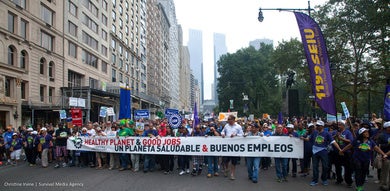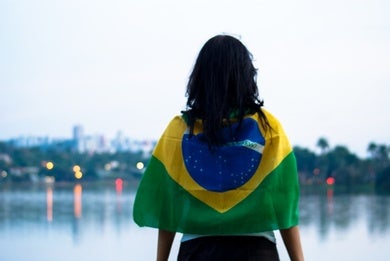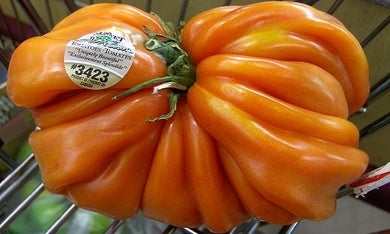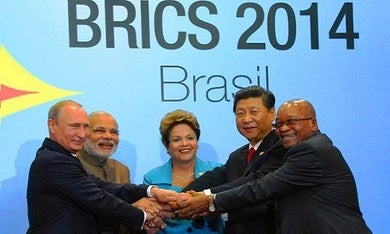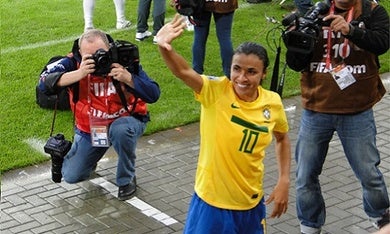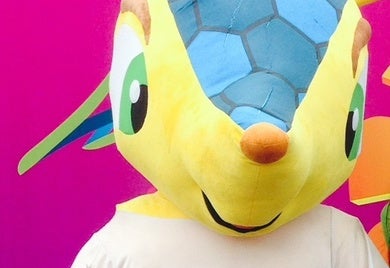World looks to BRICS for sustainable business solutions
Multilaterals can provide sustainable business solutions – the recent BRICS summit highlighted how.
Two weeks ago, the leaders of the five BRICS emerging nations –– Brazil, Russia, India, China and South Africa–– met in Fortaleza, Brazil for the 6th BRICS Summit. A $100 million development bank and a currency reserve pool were launched among the nations, a long-waited initiative since talks first began five years ago. This is no small feat. The five nations together account for half of the global population and 20 percent of the world’s GDP. Moreover, in the last ten years the economic outputs of these emerging nations have quadrupled . Although economic growth often translates into better living standards and opportunities for citizens, it is often coupled with key economic, social and environmental challenges –– especially in rapidly growing emerging economies.
